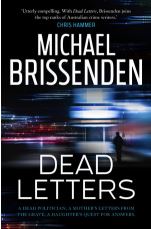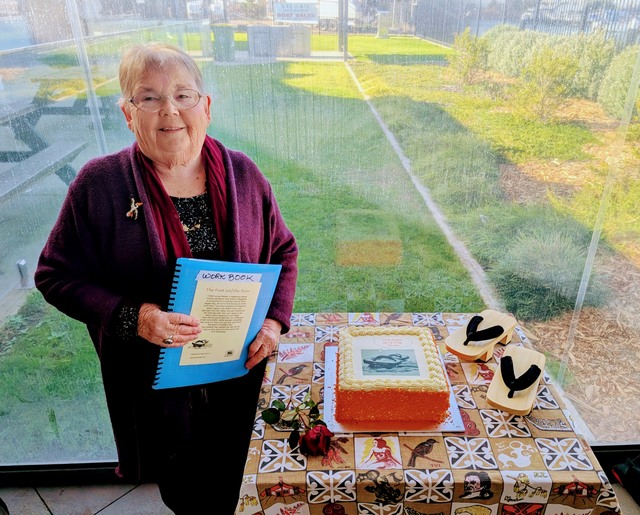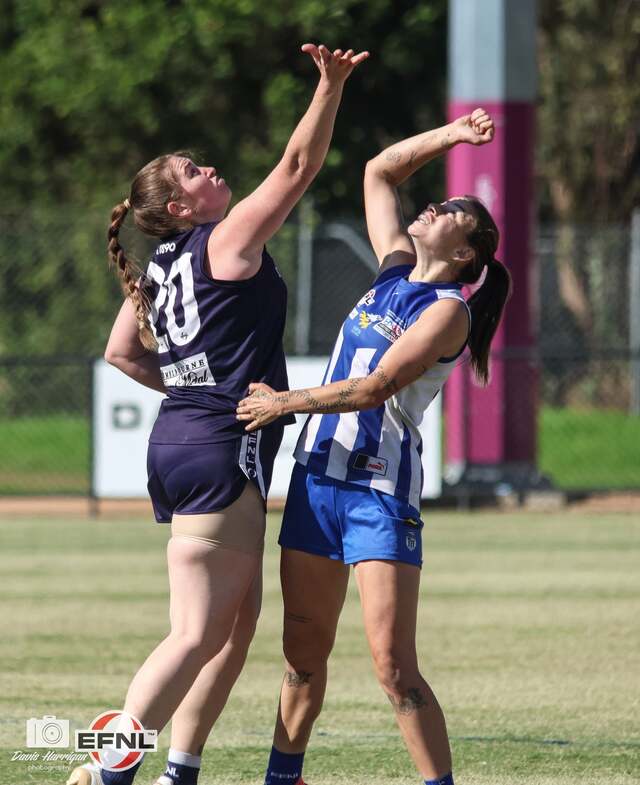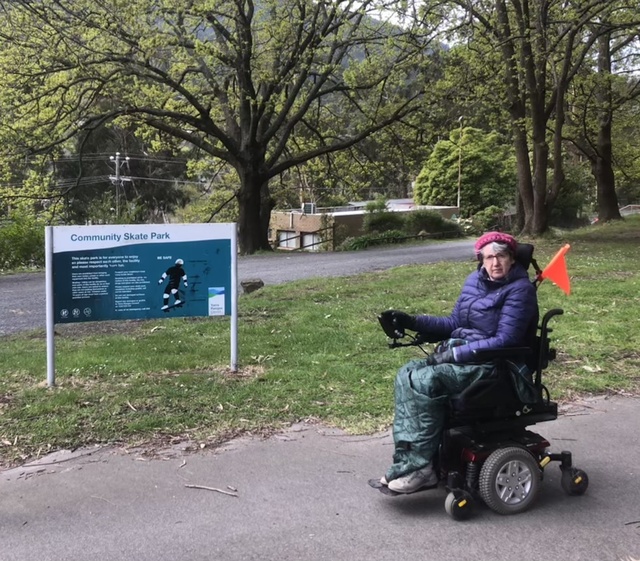Dead Letters, journalist Michael Brissenden’s second novel, is a hard-to-swallow thriller about politics, corruption and crime. It is one of the most difficult books this reviewer has ever read, perhaps because those who try so hard to suspend their disbelief often end up missing out on all the fun of reading a story.
There is no doubt that Dead Letters is a convincingly complex and captivating story, with the Chairman of the Parliamentary Joint Committee on Intelligence and Security murdered in cold blood by Page 5. The police are under intense pressure to hunt down the killer(s), but everyone involved turns out to have a long-concealed dark side.
Worse, a federal election is coming up and the incumbent prime minister is desperate. With unemployment rising and house prices plummeting, consumption growth is weaker than ever and all economic trends are rapidly slowing. Voters have simply stopped listening, and no amount of campaign on national security can help the government survive.
As the prime minister and his chief of staff conveniently blame the aforementioned murder on terrorism, Sidney Allen, a veteran of Afghanistan now working with Australian Federal Police, suspects something else. The details are intriguing, circling around Sydney’s underground gangs, right-wing “patriots”, brothels, police misconducts, and power struggles among local community leaders and politicians. Everybody wants a lion’s share. It is every man for himself.
Then arrives a seemingly irrelevant sideline, a journalist named Zephyr Wilde whose mother was murdered some 20 years ago. While a common technique to tackle crime writing is to delve into the love-hate relations between politicians, cops and reporters, this subplot in Dead Letters remains necessarily puzzling, with Zephyr’s mother sending her one letter each year from the grave. It is both frustrating and delightful that the puzzle is only solved at the very end of the book.
Brissenden’s background as a political reporter and foreign correspondent contributes a great deal to his capacity to create a compelling read. From the seedy streets of Sydney to the corridors of power in Canberra, the cynicism is obvious, that only money can buy status, influence and control.
Meanwhile, the story makes it clear that whether it is money laundering or collaborating with mobs, the rule is not to send everyone down. This “lesson” is well illustrated by a certain important character in the book: “You don’t f**k with the arrangement. You don’t threaten to throw everyone under a bus and not expect consequences. Politicians, lawyers, cops – it’s not f**king Sesame Street.”
This reviewer would recommend that readers enjoy the story without trying to explore how the author’s profession could have influenced his portrayal of politicians, the media and the police. The Australia described in Dead Letters is very similar to ours, but ultimately it is not. Instead, why not enjoy this page-tuner and go down the rabbit hole of crime solving? The thrill is in the chase.and there are plenty of twists and turns ahead. Perhaps you, too, can guess the villain(s) and save the day.







